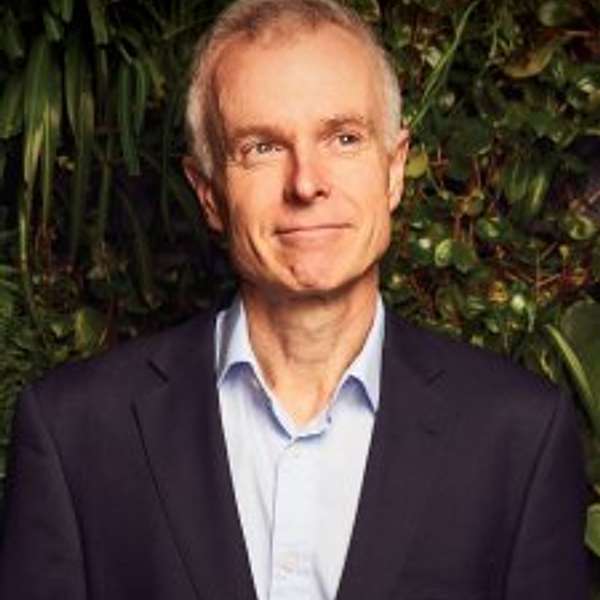
The Green Dream
The Green Dream
Trouble in the Western Sahara: Renewables, Philosophy and Tomatoes - an ethical Q&A with Dr Stuart Palmer of Australian Ethical
In this podcast I interview Dr Stuart Palmer, the Head of Ethics Research at Australian Ethical. Stuart evaluates the impacts which companies’ products, services and operations have on people, animals and the environment. So if you ever wondered why a particular company is or isn’t in Australian Ethical’s portfolios, Stuart is your man. He is the gatekeeper of Australian Ethical’s charter, a list of 23 principles that have been part of the company constitution since 1986. The charter not only guides all of their investments, but also underpins all elements of Australian Ethical’s business…it effectively filters out companies that don’t match their ethical criteria.
So in order to better understand this process, we did an ‘ethical Q&A’ - I threw some stock names at Stuart, and asked him clarify whether that company was ‘in’ or ‘out’, based on ethics! This is part one of a two part discussion with Australian Ethical – in our second interview, we will be looking at the decision making processes around stock picking, once the ethical filtering has been done.
Australian Ethical is an award winning ethical wealth management company based in Sydney. Australian Ethical has over $6 billion in funds under management and over 66,000 clients. It is one of the fastest growing super and investment funds in the country by both number of members and funds under management. 10% of Australian Ethical's profits fund the Australian Ethical Foundation and its Community Grants program. The company was a founding B Corp in Australia, and the first publicly listed company in Australia to achieve B Corp status. You can check out their website at: www.australianethical.com.au
I hope you enjoy listening to this interview with Stuart Palmer of Australian Ethical.
For more information about James Baird and JustInvest Financial Planning see: www.justinvest.net.au
We wish to acknowledge the traditional custodians of the land we’re recording on, the Wardandi Noongar people. We pay our respects to them and their culture; and to elders past, present and future.